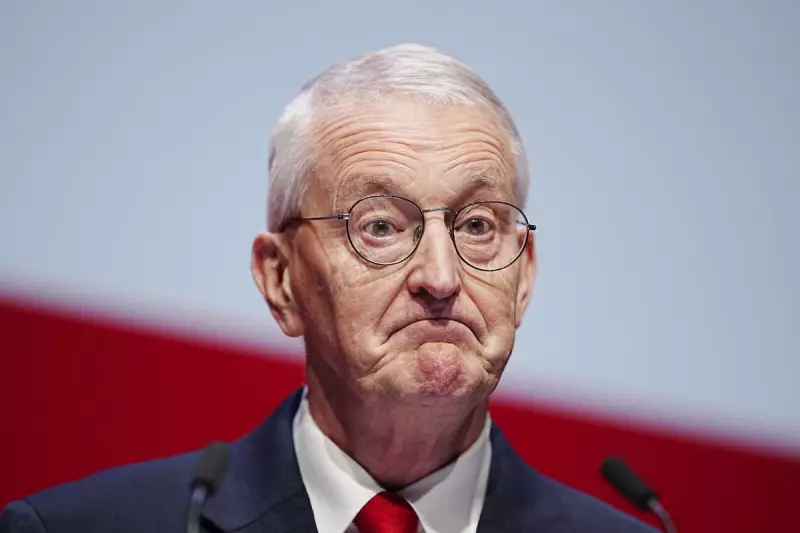
After two years of political stalemate, Northern Ireland is poised to restore its devolved government following a breakthrough agreement that has convinced the Democratic Unionist Party to end their prolonged boycott.
The End of a Political Deadlock
The Democratic Unionist Party has confirmed it will return to power-sharing at Stormont after securing what it describes as "significant changes" to post-Brexit trading arrangements. This dramatic development comes exactly two years to the day since the DUP collapsed the executive in protest against the Northern Ireland Protocol.
Shadow Chancellor Rachel Reeves welcomed the news during a visit to Belfast, stating: "This is a welcome step forward. We now need to see the parties back round the table, working together in the interests of the people of Northern Ireland."
What Changed the DUP's Stance?
The breakthrough follows the UK government's publication of new legislation that addresses unionist concerns about Northern Ireland's place within the UK internal market. The measures include:
- New legal protections for Northern Ireland's constitutional position
- Revised trading arrangements that reduce checks on goods moving from Great Britain to Northern Ireland
- Strengthened oversight role for the Northern Ireland Assembly
Labour's Hilary Benn, shadow Northern Ireland secretary, emphasised the importance of restoring devolved government: "The people of Northern Ireland have been without a functioning government for too long. This is about more than politics - it's about delivering vital public services and addressing the cost of living crisis."
What Happens Next?
With the DUP's conditions met, the process to reinstate the Northern Ireland Executive can now begin. This means:
- The Northern Ireland Assembly will reconvene at Stormont
- Ministers will be appointed to the power-sharing executive
- Critical decisions on Northern Ireland's budget and public services can proceed
The restoration comes at a crucial time, with Northern Ireland facing significant challenges in healthcare, education and infrastructure that have been exacerbated by the political vacuum.
This development marks a significant moment in Northern Ireland's political history, potentially ending one of the longest periods without devolved government since the Good Friday Agreement was signed in 1998.






